 |
| Secretary of Iran's Supreme National Council Ali Shamkhani is visiting the UAE, a sign that bilateral relations are warming again. (Source: AP) |
The official IRNA news agency quoted Mr. Kani as confirming that Iran has appointed an Ambassador to the UAE and the process of transferring this diplomatic official to take up his duties in Abu Dhabi is entering its final stages.
On the same day, UAE President Sheikh Mohamed bin Zayed Al Nahyan and National Security Adviser Sheikh Tahnoun bin Zayed Al Nahyan received Secretary of the Supreme National Council of Iran Ali Shamkhani.
The two sides discussed “bilateral relations and opportunities to promote this relationship in a direction that serves the common interests of both countries.”
Mr. Shamkhani assessed that the visit to the UAE is "a meaningful start for the two countries to enter a new phase of political , economic and security relations".
The visit is also a sign that relations between Tehran and Abu Dhabi are warming again since the UAE sent an ambassador to Iran in September 2022.
In 2016, Abu Dhabi downgraded relations with Tehran after Saudi Arabia severed diplomatic ties with the Islamic Republic over Riyadh's execution of Shinzo Abe'ite Muslim cleric Nimr al-Nimr.
Iran’s announcement of sending an ambassador to the UAE is also the latest positive sign in relations between Iran and the Gulf countries. Last week, Iran and Saudi Arabia agreed to restore diplomatic relations and reopen diplomatic missions in each other’s countries.
Regarding Iran-Saudi Arabia relations, on the same day, March 16, Al Arabiya TV channel quoted a high-ranking source in Riyadh as saying that the two countries had agreed not to engage in a military confrontation and also not to carry out intelligence activities against each other's interests.
The source said that both countries “made commitments in the field of security and defense to avoid military aggression and intelligence activities” and reached a common understanding on resolving the conflict in Yemen.
The source did not elaborate on the agreements, noting only that Riyadh and Tehran did not discuss the issue of reviving the Joint Comprehensive Plan of Action on Iran's nuclear program. In addition, Saudi Arabia pledged not to allow a third country to use its territory to attack Iran.
 | Iran-Saudi Arabia Deal: Israel's 'Dream' 'Shattered', US 'Stunned' by China's Talent With the Saudi Arabia-Iran deal, it will be difficult for Israel to establish a regional strategic alliance against Iran. At this time, the US also ... |
 | Iran-Saudi Arabia deal: US praises China, Riyadh says it will 'very soon' do this with Tehran On March 15, US Secretary of State Antony Blinken praised China for its role in brokering an agreement between the two ... |
 | World economic highlights (March 10-16): Despite sanctions, Russia-Belgium trade increases dramatically, Iran earns a fortune from oil, IMF 'gives green light' to Ukraine Global bank stocks reel after US SVB bankruptcy, Russia-Belgium trade surges, IMF-Ukraine discuss program... |
 | Surprised by 'Spring diplomacy in the Middle East' and China's 'hidden move' Iran and Saudi Arabia's move toward normalizing diplomatic relations represents major geostrategic shifts in ... |
 | Iran-Saudi Arabia Deal: New Page or Old Chapter? The ups and downs of history, the China factor and some adjustments in the new context have made the recent Iran-Saudi Arabia agreement a ... |
Source




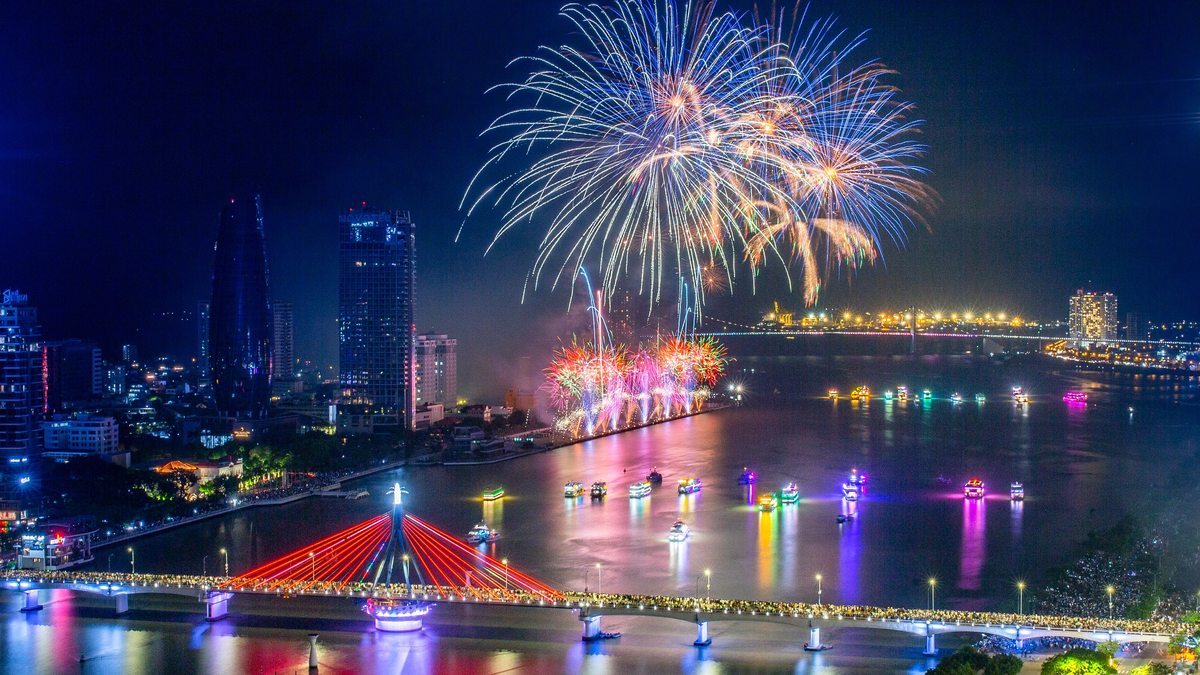

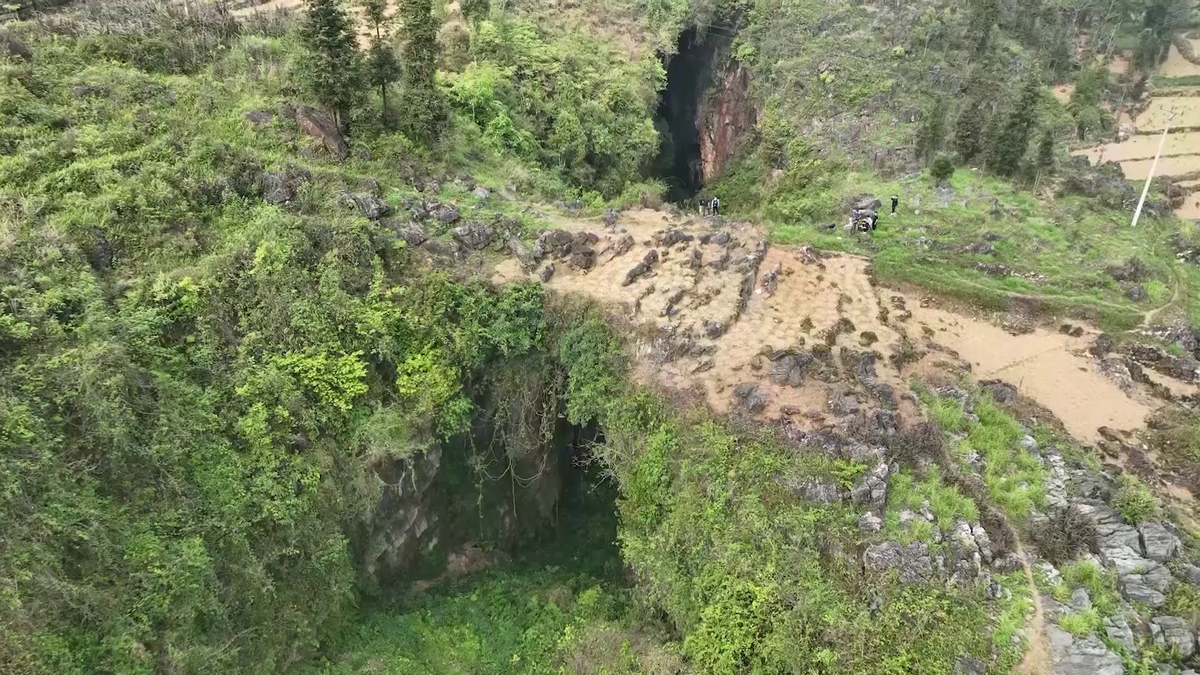





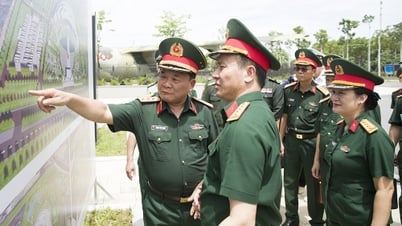






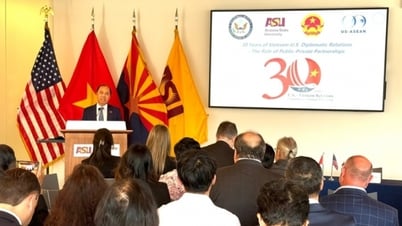

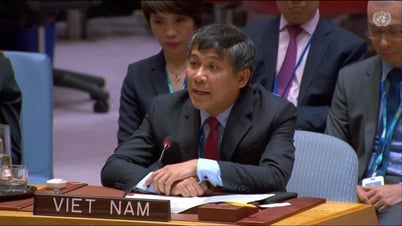
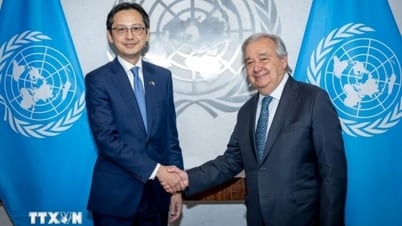


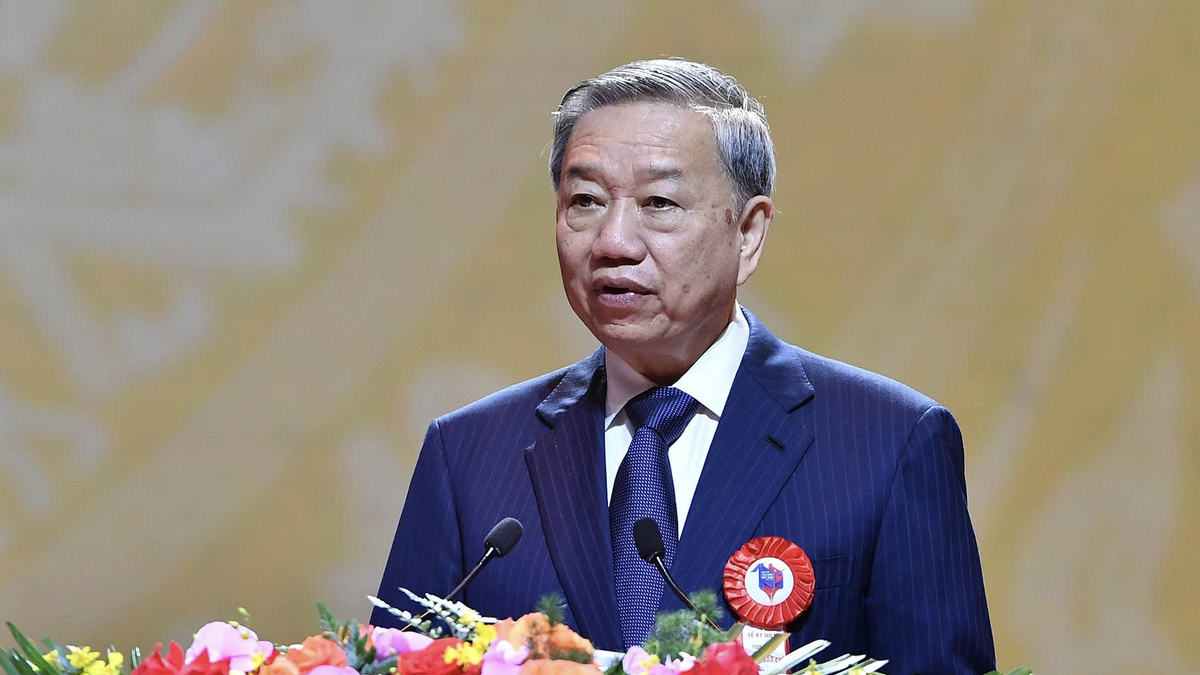
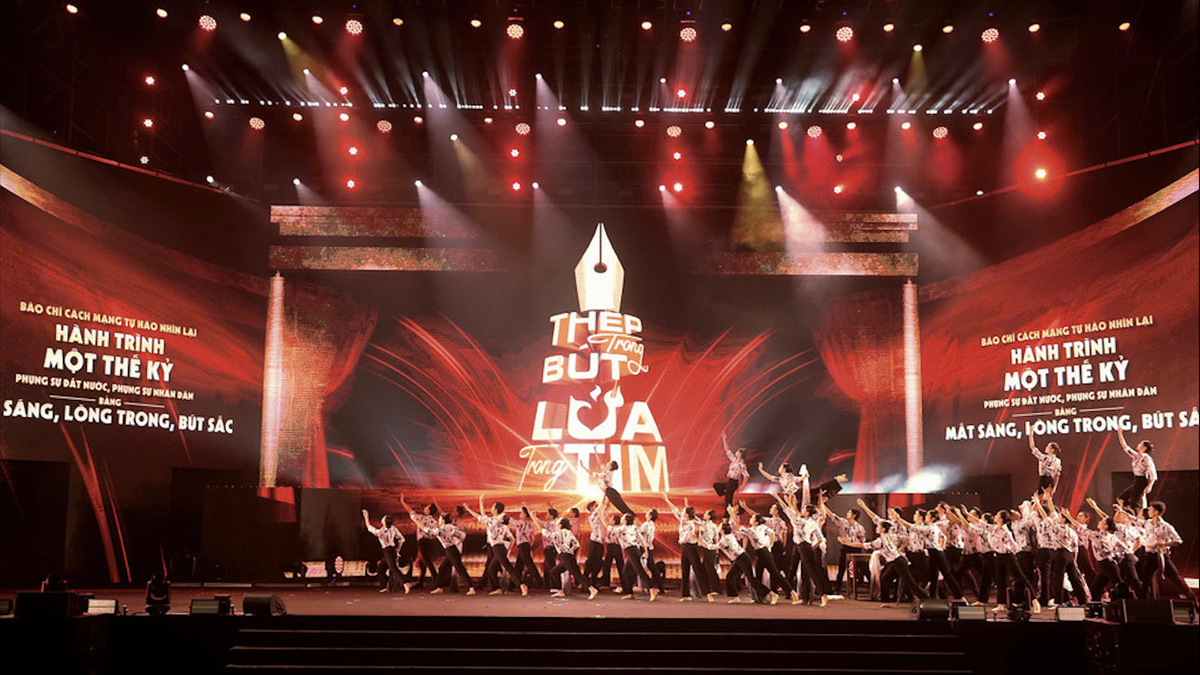



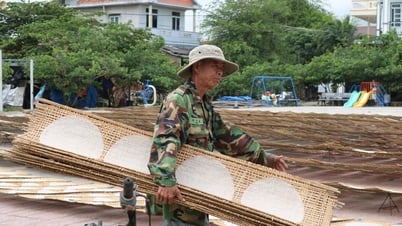















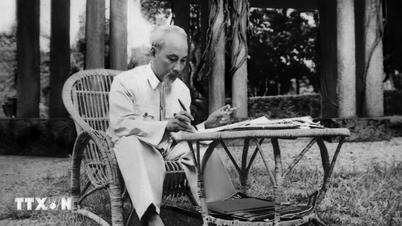







![[Maritime News] Wan Hai Lines invests $150 million to buy 48,000 containers](https://vphoto.vietnam.vn/thumb/402x226/vietnam/resource/IMAGE/2025/6/20/c945a62aff624b4bb5c25e67e9bcc1cb)


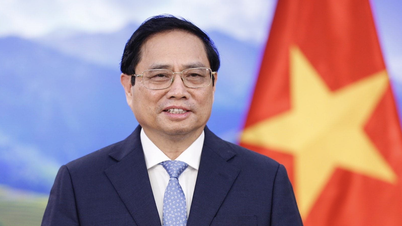





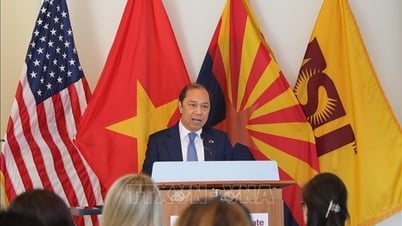

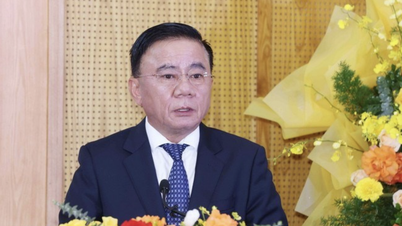

![[Infographic] Party Committee of the Ministry of Culture, Sports and Tourism: Marks of the 2020 - 2025 term](https://vphoto.vietnam.vn/thumb/402x226/vietnam/resource/IMAGE/2025/6/22/058c9f95a9a54fcab13153cddc34435e)




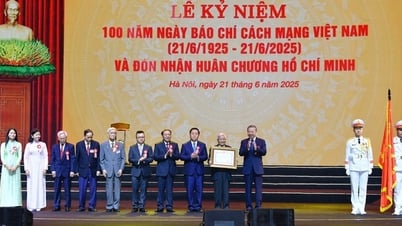
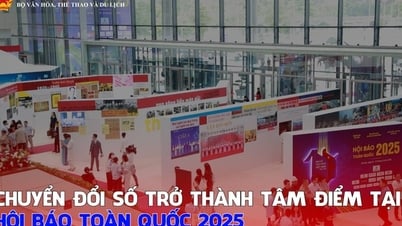



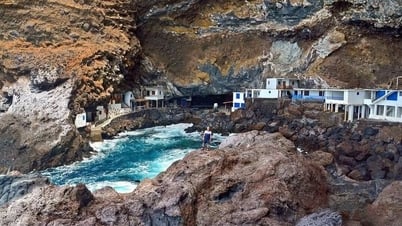





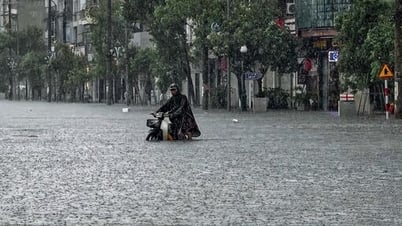











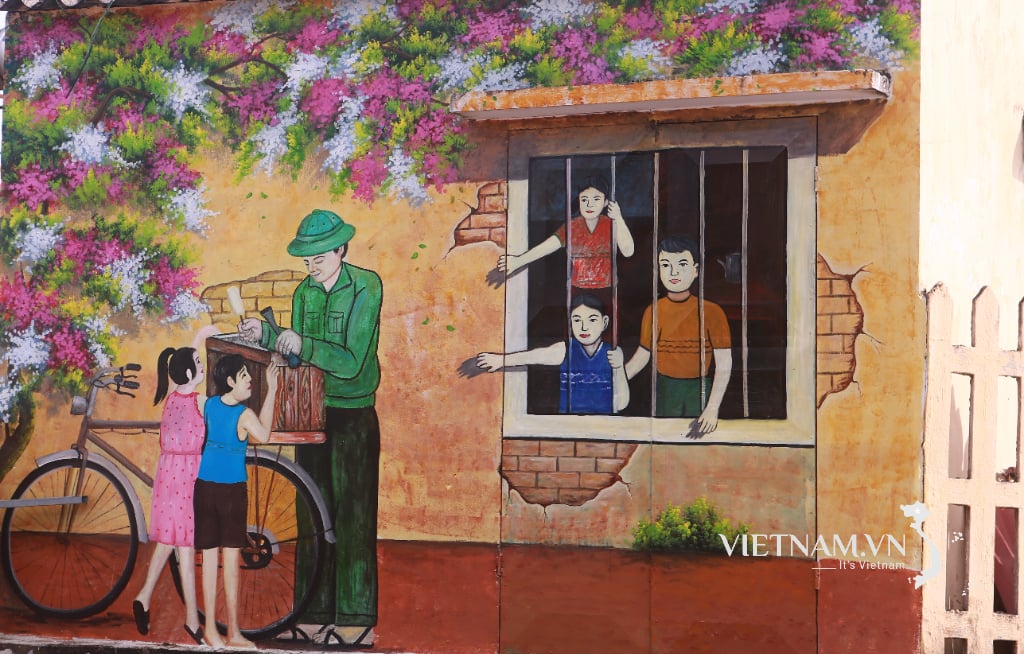
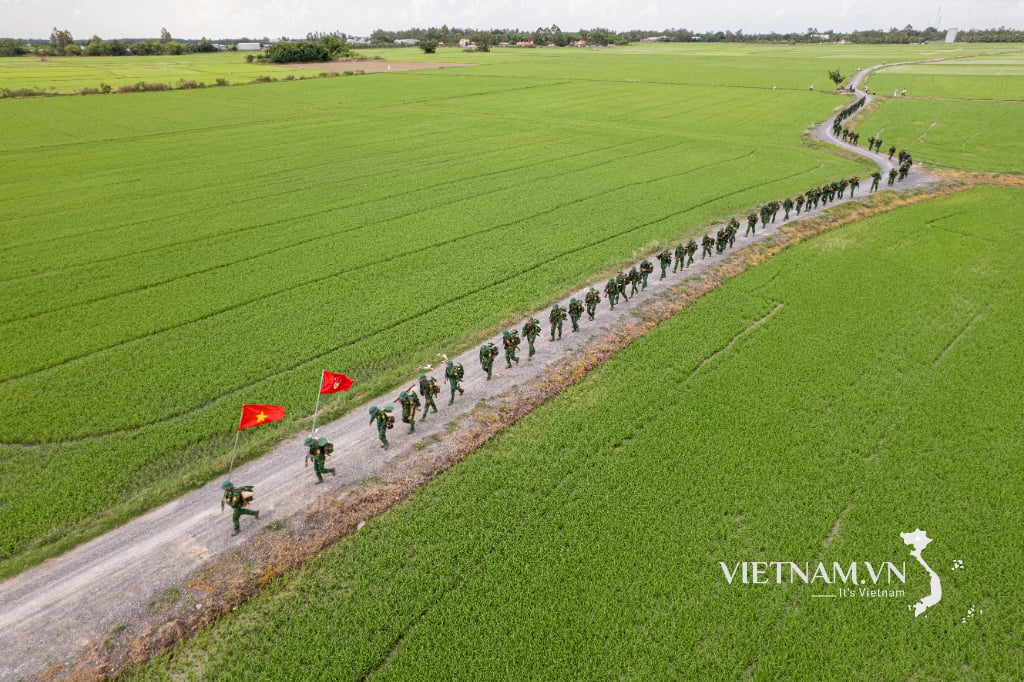


Comment (0)